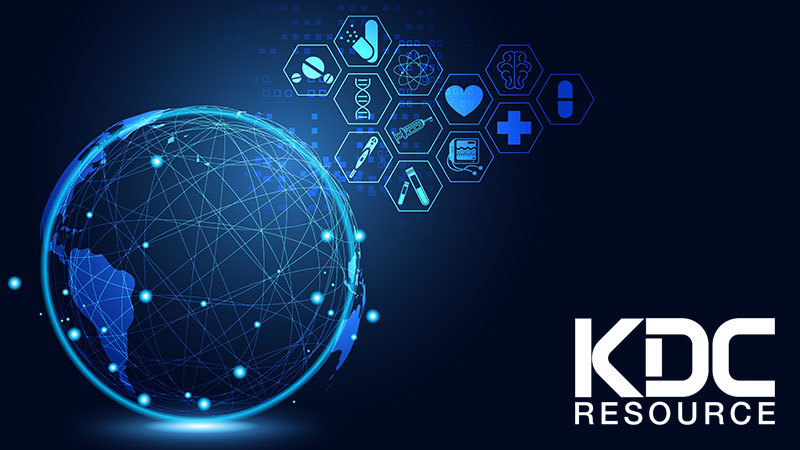

In certain aspects, space technology and healthcare have always been linked. Whether it is supplementary vitamins for astronauts or health-monitoring suits, space and health agencies have a long history of collaboration.
But this relationship goes both ways. In the form of trickle-down economics, space technology finds its way into terrestrial healthcare scenarios as it becomes cheaper and more accessible. While this is nothing new, The UK Space Agency and the government recently announced a joint venture to revolutionise hospital technology.
At the beginning of April this year, the UK government announced it was releasing £5 million in funding to support a joint initiative. The programme, Hampshire Together: Modernising our Hospitals and Health Services, will use the funding to adapt and develop space technology into a healthcare setting.
Although specific details about the project are vague, it will likely include creating diagnostic tools, improved logistics, and even things like machine learning and AI for patient car parks. We will also likely see the further rollout of teleconferencing services to make patient/doctor interactions quicker and easier.
The Hampshire Together programme is supported by the European Space Agency and a panel of independent experts. Over the coming years, they will assess proposals from UK-based space companies that discuss the design and implementation of space technologies in a healthcare setting.
Proposals can either use existing technology adapted to healthcare needs or brand new, space-related technology. Any successful ideas will be integrated into existing buildings to improve services rather than only in new builds.
The implications of this project are far-reaching for healthcare services across the UK. It will inevitably lead to an increase in efficiency and patient turnover, both of which are vital factors in the continuation of the NHS. As healthcare needs increase, doctors must do less with more. Even something as “simple” as improved medication logistics because of drones or teleconferencing services will make a big difference.
Similarly, the benefits of involving the space sector in healthcare services are clear. It will facilitate the increased adoption of cutting-edge technology at the most basic level rather than waiting for it to find its own way into the public sphere. And, as an investment in space companies hit a record $8.9 billion in the US alone, comparative figures in the UK could see some of this private sector money invested back into our public healthcare system, albeit indirectly.
In short, the advances brought about by utilising space tech in healthcare all boil down to better, more efficient patient care. Whether it is a faster diagnosis, less dangerous operations, or simply making secondary healthcare services easier to navigate, there are many clear benefits to this collaboration.
While the Hampshire Together programme is nothing new, it does highlight the longstanding collaboration between healthcare and the space sector. There has been a boom in technological advances inspired or directly influenced by space tech in recent years.
One such example is Adaptix, which received funding from the UK Space Agency to develop a portable 3D X-ray machine. Based on technology used to see into the galaxy's far reaches, Adaptix’s uses a Flat Panel X-ray Source. FPS consists of a field of cold cathode field emitters that generate a cone-shaped field. It is particularly applicable to breast imaging but is becoming more useful for hard to observe areas of the body.
Drone technology is also making an impact in the world of healthcare. In Scotland, for example, the NHS recently trialled drone services for delivering COVID test samples and other medical supplies to remote areas. Run in collaboration with Skyports, this service is no different from any other drone-based courier service but is vitally important in a healthcare context. The drones can carry payloads of up to 3kg up to 40 miles, decreasing delivery times in some areas from 36 hours to just 15 minutes.
Space tech’s influence in healthcare ranges from robotic surgery to GPS-tracked patient slippers. Similar patient services exist to monitor everything from falls to vitals using RFID sensors, IoT connectivity, and more. We also see its influence in pill cameras, materials used to make prostheses, and improved diagnostic capabilities for difficult conditions such as bowel cancer.
One of the key takeaways of the Hampshire Together programme is that it shows a clear and conscious decision by the UK government to invest in this existing relationship. While in the past such advanced technology was perhaps only reserved for private healthcare, this project marks a shift towards prioritising advanced technology for the public healthcare system. It will be fascinating to see what kind of innovation arises from this collaborative programme.
